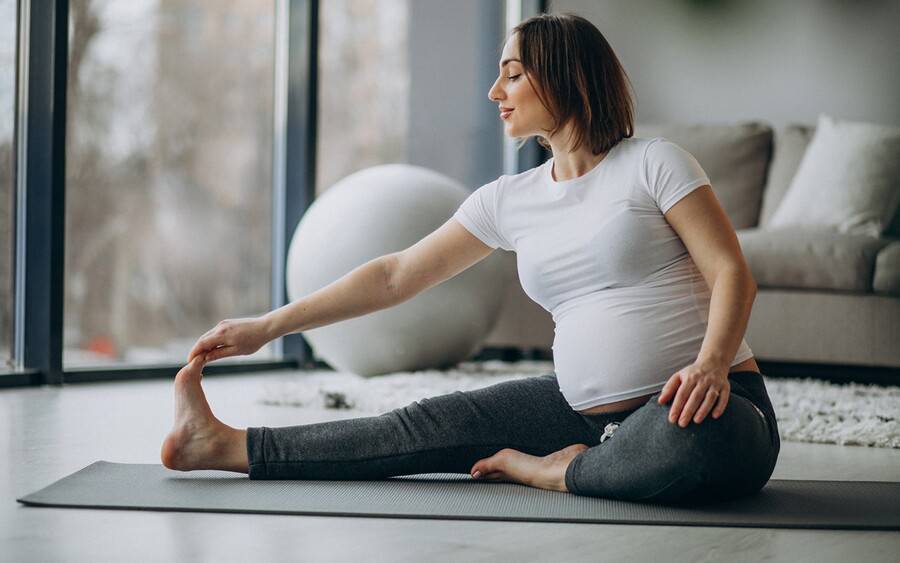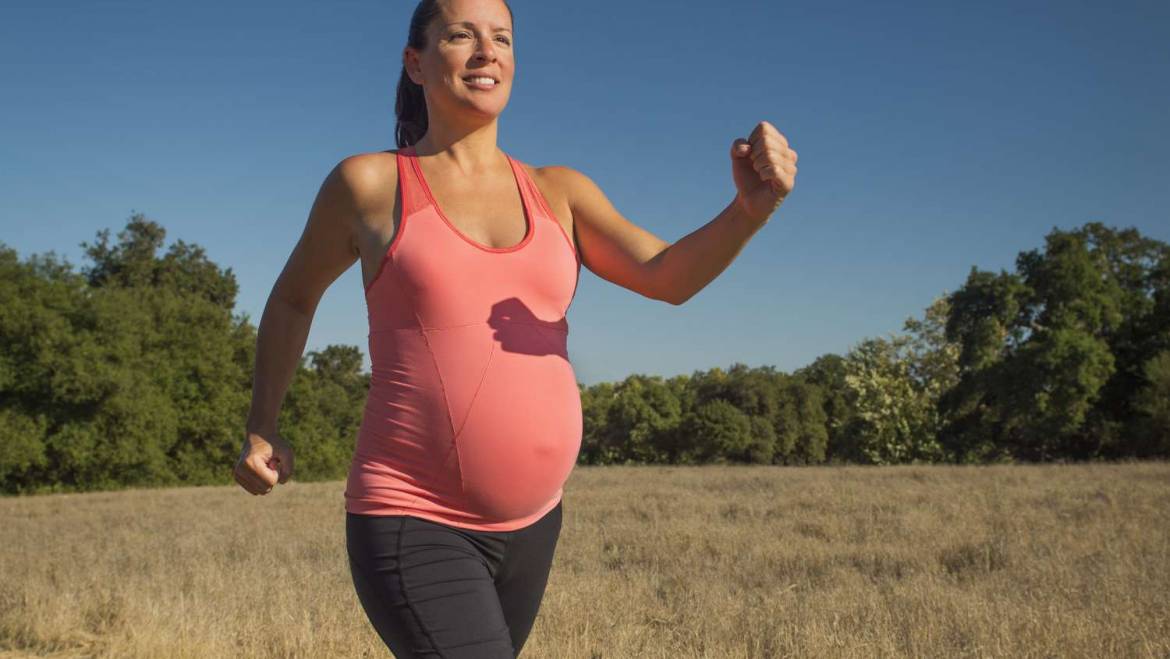Being physically active and spending less time sitting down can help with conceiving, pregnancy, and mental well-being. Here is what you need to know about the benefits of exercise for fertility, quality of life, and emotional well-being.

Being active can boost your fertility. Women who do regular, moderate exercise are more likely to conceive than women who do not exercise regularly. It doesn’t mean you need to join expensive gym classes; it means any physical activity that will raise your heartbeat, make you breathe faster, and make you feel warmer. You can still be able to walk without pausing for breath. For example, walking briskly; it too counts as moderate activity. If you have a high BMI (body mass index, which is a measure of body fat based on height and weight) and are not getting pregnant as soon as you expected, an intense workout may improve your chances of conceiving as it will help you lose weight.
Things to checkout:
- Stay strong and ready for labor
Pregnancy puts strain on the body. Many women find it easier to cope if they are fit and flexible. It has also been shown that labor is easier for active women during pregnancy.
- Reduce stress and anxiety
Family planning can be very exciting. It can be an anxious time for both parents to be. You will begin making changes in your life. Mental health problems such as depression and anxiety are common during pregnancy. Staying active physically and mentally can help to boost our mood and lessen our risk of stress and depression.
- Health benefits for baby
Staying fit will also benefit your child’s long-term health. It is believed that active women give birth to active and healthy children. It may help you and your partner to think about becoming active as a part of your preparation to be parents.
Wondering what kind of activity you would like to involve in your pregnancy routine and when your baby arrives? Walking in the park or going swimming. Follow a suitable workout plan and perform physical activities as a part of everyday life.
- Recommendations for exercise
For most women, if they have always been moderately active, continuing to exercise at the same levels before and during pregnancy is safe and healthy. If you are not active at all, start to build up your level of activity now as you begin preparing for pregnancy. The advice is to plan a workout session of at least 30 minutes daily, which includes moderate aerobic activity and strength exercises on two or more days a week that build all the major muscles.
Or
You can go for vigorous aerobics to strengthen your muscles.
Or
You can follow an exercise regimen that includes a combination of moderate and vigorous aerobic exercise a week and strength exercise on two or more days a week that strengthen all the major muscles.
Moderate activity is any exercise that increases your heart rate, making you breathe faster and feel warmer. Moderate exercise includes brisk walking, dancing, swimming, and gardening.
Vigorous exercise means any exercise that makes you breathe harder and fast. Examples include aerobics, jogging, running, and race walking.
Muscle-strengthening exercises include yoga, push-ups, sit-ups, lifting weights, and working with resistance bands.
To get the maximum health benefits from strength exercises, you should continue performing them until you reach the point where you struggle to do any more.
- Exercise and fertility
If your BMI is below 18.5, you are considered underweight. Among several reasons, one reason could be exercising too much or too vigorously and not consuming sufficient calories to replace the energy used in the exercise. Losing too much body fat through a regular vigorous exercise routine may affect your ovulation process (releasing eggs), which could lead to fertility problems. There are also risks associated with the pregnancy of having a low BMI. If you struggle to get pregnant or do not have a regular menstrual cycle, bring your activity levels to a moderate level and ensure you eat enough food to replace energy during workouts.
- Vigorous workout and fertility
Most women who indulge in a vigorous exercise regimen are not affected by infertility problems and continue their level of exercise by getting pregnant. However, a few women who have a low or healthy BMI and do an intense workout on most days, such as athletes, are affected by infertility. This is more likely to occur if you are dealing with the issues of irregular menses. This may be because the stress that vigorous exercise puts on the body can affect the hormones responsible for your periods. This can cause irregular periods and amenorrhoea (stopped or missed periods).
Work out at vigorous intensity and have been struggling to get pregnant, and do not have a regular period. It may be effective to change your activity to moderation and ensure you eat enough food to replace the energy used during exercise.
- When to consult a doctor about exercise and fertility
Speak to your doctor if you wish to have a baby but are concerned about exercise and the effects on your periods or fertility.
- Exercise and Intra Vitro fertilization (IVF)
IVF is a type of fertility therapy. Generally, the exercise advice for those receiving IVF treatment is similar for those trying to conceive without treatment.
Summary
Being in the healthy weight range reduces the risk of infertility and improves the chance of conceiving spontaneously. Exercise plays a key role in managing weight. When done in the right amount, exercise can certainly benefit reproductive as well as mental health. Low-to-moderate-intensity exercise not only improves overall health and well-being, but it can bring success with fertility treatments. And whatever your favourite physical activity, don’t forget to enjoy the endorphins (happy hormones).
Also Read: What Are Skin Care Products Safe For Pregnancy?
admin
Latest posts by admin (see all)
- What is Triluma Cream? Uses, Benefits, and How It Works for Skin - December 26, 2024
- What Causes Dark Spots? Understanding the Science of Hyperpigmentation and How Skin Lightening Products Help - December 26, 2024
- Tretinoin Gel vs. Cream: Which Formulation is Right for Your Skin? - December 20, 2024



